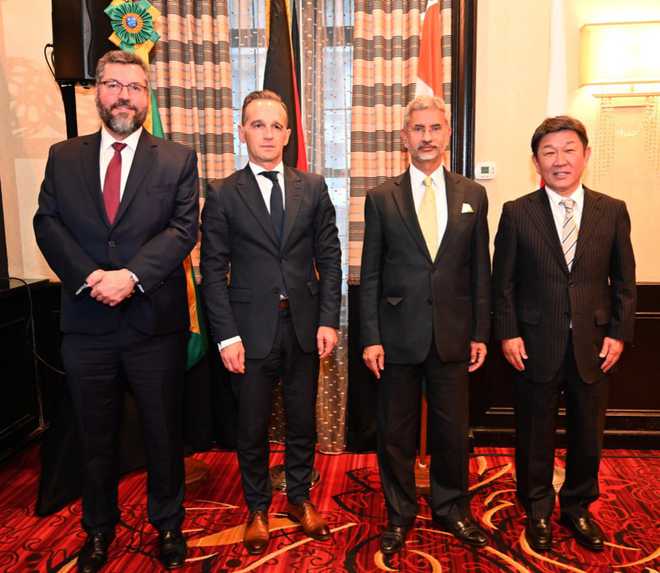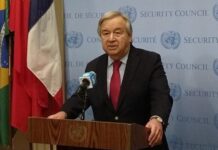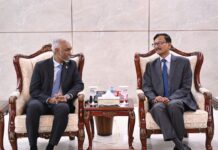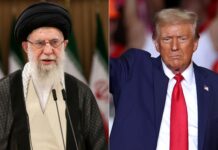UNITED NATIONS: India and other members of the G4 countries, including Brazil, Germany and Japan, have voiced concern over the lack of any concrete result on UN Security Council reform, saying the current inter-governmental negotiation process on the matter does not have the necessary openness and is constrained by flawed working methods.
The Foreign Ministers of the G4 countries — External Affairs Minister S Jaishankar, Foreign Minister of Brazil Ernesto Ara jo, Foreign Minister of Germany Heiko Maas and Foreign Minister of Japan Motegi Toshimitsu — met on the margins of the 74th session of the UN General Assembly on Wednesday.
According to a joint press statement issued after the meeting, the G4 Ministers reviewed the recent efforts undertaken in the Intergovernmental Negotiations (IGN) on the United Nations Security Council. “They expressed their concern with the fact that, although the African Common position is better reflected, more than 10 years after the beginning of the IGN, no concrete result has been achieved.”
They underlined that the recent IGN session demonstrated once again that the negotiation process lacks the necessary openness and transparency and is constrained by flawed working methods. The G4 Ministers underscored that “time has come to leave behind debates based solely on general statements, without substantive negotiation.
They also noted that an overwhelming majority of UN Member States firmly support a comprehensive reform of the Security Council, and rightfully expect the IGN to be a more result-oriented process.
The ministers reiterated their strong commitment to an early and comprehensive reform of the Security Council, as envisaged by Heads of State and Government in the 2005 World Summit. They highlighted the importance of efforts aimed at reforming the United Nations and updating its main decision-making bodies, in order to better reflect the contemporary realities.
They also emphasised that an expansion of the Security Council in both categories is indispensable to make this body more representative, legitimate and effective, enhancing therefore its capacity to deal with the complex challenges the world faces today on questions of international peace and security.
With the UN getting ready to commemorate in 2020 its 75th anniversary, the G4 ministers expressed their firm hope that the current session of the General Assembly will pave the way for finally moving on the call for an early reform’ of the Security Council, that was made in the 2005 World Summit by all the Heads of State and Government.
This reform should include not only the expansion of both permanent and non-permanent categories of membership, but also measures to increase the transparency and effectiveness of the work of the Security Council,” the press statement said.
It added that the ministers reiterated their support for each other’s candidatures as aspiring new permanent members in a reformed Security Council given the capacity and willingness to take on major responsibilities with regard to the maintenance of international peace and security.
“There is a clear need for an enhanced role of developing countries and of major contributors to the United Nations to make the Council more legitimate, effective and representative, they said.
Over 40 years have passed since the inscription of the item “Question of equitable representation on and increase in the membership of the Security Council and other matters related to the Security Council” on the agenda of the General Assembly in 1979.
The ministers underlined discussion on Security Council reform should follow the General Assembly’s standard operating procedures in a democratic and transparent manner.
“The IGN should be guided by the decision-making requirements and working methods laid out in the Charter of the United Nations and in the rules and procedures of the General Assembly,” the release said, adding the G4 ministers also stressed that sufficient time should be given to member states to negotiate, making use of the whole calendar of the General Assembly.
The Ministers underscored their steadfast support for Africa’s representation in both the permanent and non-permanent categories of membership of a reformed and expanded Security Council, saying that this enhanced representation is the only way to correct the historical injustice against this continent with regard to its under-representation in the Security Council. PTI







